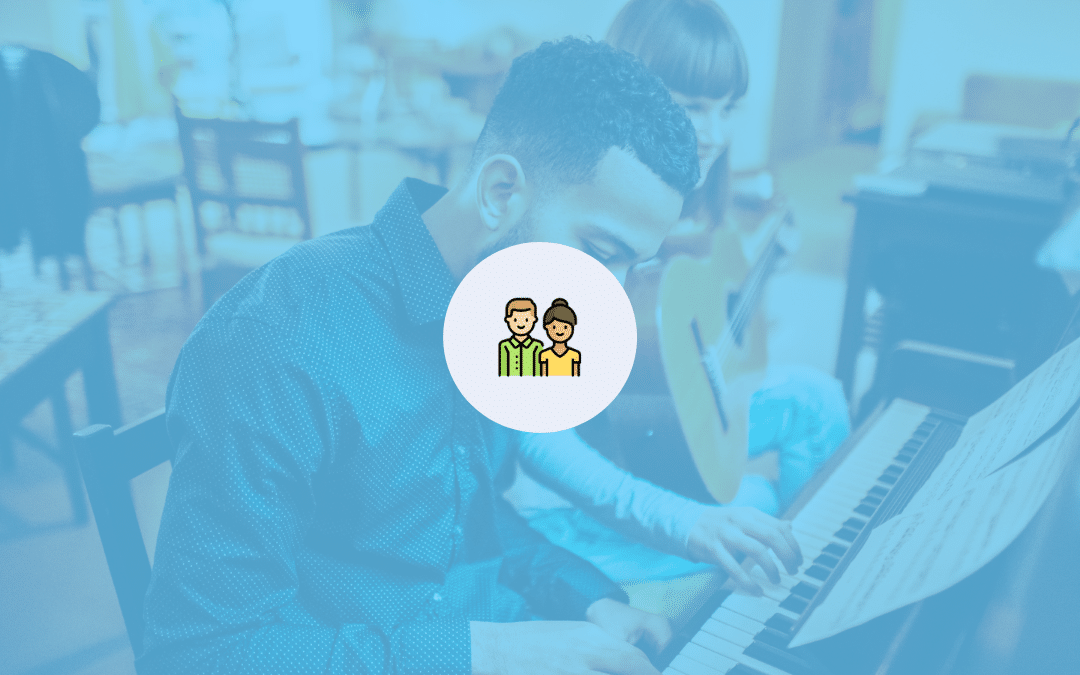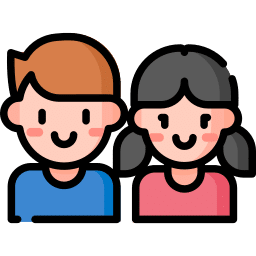Yes! Learning later in life has many benefits. It’s important that seniors and adults alike have creative outlets to express themselves.
Adult piano lessons are different from those for children because you learn differently. You’ll get lessons that are tailored to your learning style and needs.
Piano lessons for beginners are different from intermediate and advanced lessons. A good piano teacher can help you with personalized piano lessons, no matter if you are a beginner pianist or not.
Click Below to Learn More About Lessons Here and See If This is the Piano Studio for You

Kids & Teen Lessons
Build their self-esteem. Playing the piano is meant to be fun and engaging, not stale and boring.

Adult Lessons
It’s never too late to start playing the piano. You’ll be surprised at how quickly you can play music.
Adults Learn the Piano Differently From Children
Adults who learn to play the piano should be aware that they are not worse at learning than children. Their learning process is just different.
Adults have lost the ability to play with things in a playful way. They want to first understand what they are doing. They don’t learn in a linear fashion, but instead build on previous experiences.
The piano is the best choice if you are planning to learn an instrument as an adult in order to fulfill a lifelong dream of playing your favorite songs. It will be much more difficult to learn wind and stringed instruments as an adult vs. as a child because children’s hearing is better and they are more sensitive to subtle details.
Because of their structure, digital piano instruments are especially well-suited for beginners. To play, the player must only press a key for the musical instrument to sing. For the moment, beginners don’t need to worry about intonation on a digital piano vs. an acoustic piano.
If you have an acoustic piano, you’ll need to keep up with tunings.
Adults are more impatient and expect quick results. Don’t underestimate the amount of time that young people and children need to learn their instruments.
Musicianship and the Motivation Behind It
When learning an instrument, it is important to consider your goals. It’s easier to stay motivated when you have realistic goals. Learning piano is fun. It’s a way to let loose and escape from the daily grind.
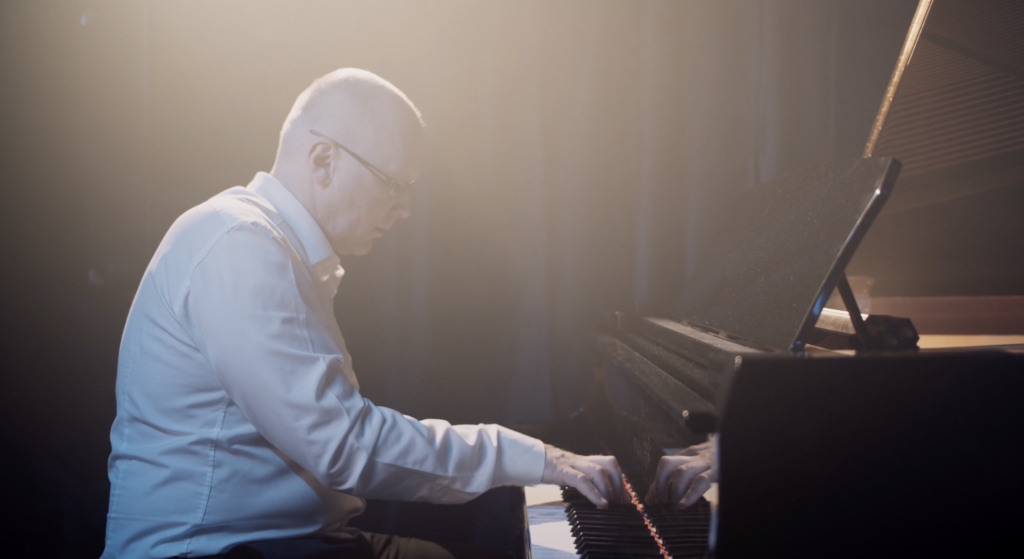
Very few late learners dream of a career as a soloist. It is usually about having fun, being creative, and enjoying the music.
Adult students have the advantage of being able to decide for themselves whether or not they want to learn an instrument. You don’t have to follow the advice of teachers or parents, and you are not under the same pressure as the outside world.
Be Patient and Less Critical
It is important to choose pieces of sheet music that are easy to master and not too difficult to meet beginner demands. Adult learners can be too ambitious and can react negatively to frustration.
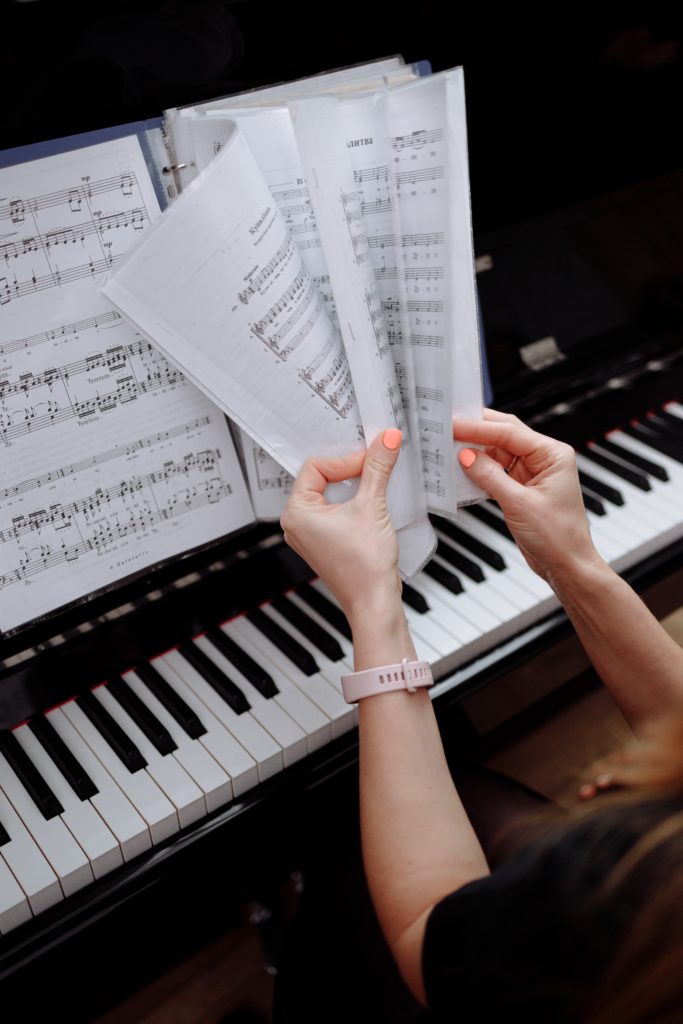
Don’t be afraid to let go of caution and don’t try too hard to control everything. It’s not too risky to take what seems like a big risk. You’ll soon lose your enjoyment of playing if you criticize yourself too much.
You must be aware from the beginning that your first musical endeavors will sound very different from the stereo at home.
Take your time, be patient and be kind to yourself. As adult learners, it can be challenging, but it can also be exciting to face a new challenge.
Adults Can Learn How to Play the Piano
“Playing music at an older age only brings benefits: a higher standard of living, social contacts, personal challenges, a greater sense of meaning, developing finer motor skills, and help in navigating life’s many situations from life experiences.
These are the core components that explain why music is gaining new appreciation in society,” the Bavarian Music Board stated during a conference on “Music knows no borders – nor age.”
Even after learning certain hearing concepts earlier in life, people continue to learn in a dynamic manner well into old age.
Brain research has shown that practice keeps the adult brain young. Music stimulates motor, acoustic, and memory skills. Different parts of the brain can be challenged.
Other side effects include a better mental state, increased life expectancy, and the ability to reach our full potential. Music can trigger emotions, which is why it has such a profound impact on us. Being involved in the creation of music can boost our motivation to improve.
Music can also improve our creativity and concentration. Our brain uses pre-automated structures as well as existing nerve connections to perform other leisure activities like playing cards or solving crosswords. No new processes develop.
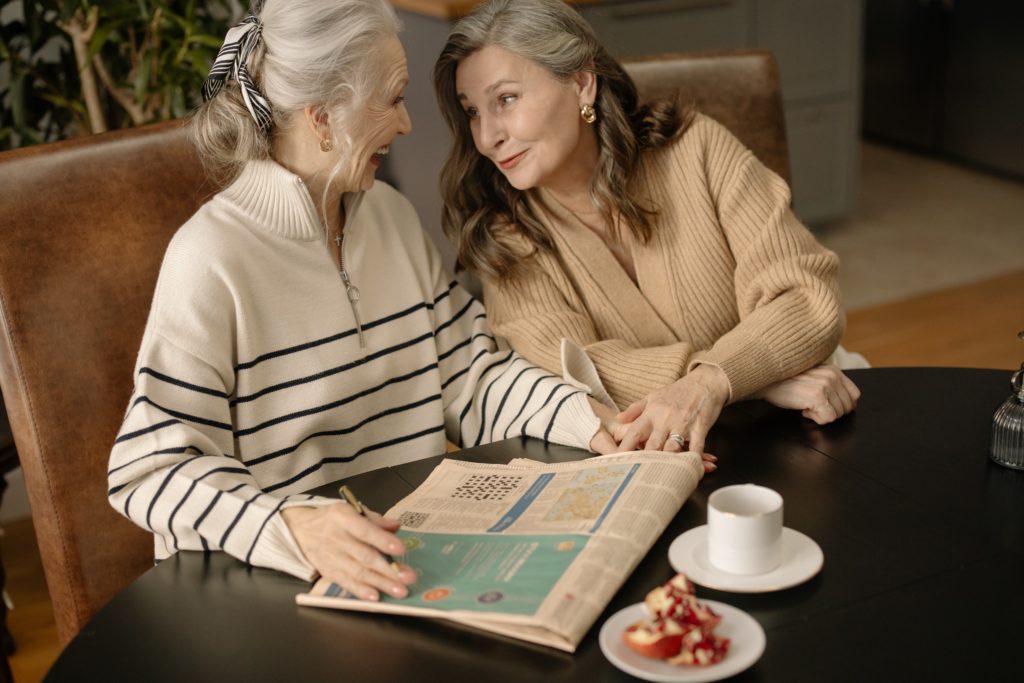
The University of Zurich’s neuropsychologists have been trying to keep the brain healthy in the elderly by teaching 70-year olds how to play the piano and other activities. After just one week of practice, researchers already noticed changes in the brain.
This means that the brains of the elderly respond exactly the same way as those of younger people.
Practice: The Journey Is the Reward
It’s like hiking when you practice an instrument. The journey, or learning process, is what makes it interesting.
This is what gives the experience its worth. We can learn pop songs, classical ballads, or jazzy pieces to feed our brains with new and unfamiliar information.
It is best to concentrate our efforts on learning how to play a few pieces well than a lot of pieces poorly.It all comes down to practice, no matter how old or young you are. You’ll soon master the small, first steps.
Bonus: 10 Tips to Learn the Piano as an Adult
1. Find a Teacher
You can find many online tutorials that will help you learn, but it is always a good idea to have a teacher who will give you outstanding piano lessons so that you don’t develop bad habits or have any gaps in your musical skills and knowledge.
Professional pianists and teachers with music education are your best bet. Regular meetings with a teacher can help to reach your goals and keep you accountable.
It is a good idea for you to have a support network of people who will encourage you as you learn new skills and know what your specific learning method is as there is no one learning method that works for everyone.
2. Set Goals
It is important to know what you want as an adult piano student. Are you looking to perform at a special event, learn a song, learn music theory for composition, audition for music schools, or just play for the joy of music?
You should have a clear goal about why you want to learn the piano. This will keep you motivated and focused, as well as give you something to strive for as a piano player.
3. Learn the Basics
It is important to start with the basics. A lot of beginner piano students want to race to the finish line and playthings that are above their abilities.
Music lessons will help you learn the basics of reading music, music theory, and playing the piano.
You will regret it later if you don’t learn the right habits or practice good piano-playing techniques.
4. Make it a Priority to Practice
You may find that you don’t have enough time to practice if you don’t schedule a time for practice each day. You can learn the piano by applying what you have learned and practicing regularly.
It is better to practice consistently in short sessions than to try to master a lot at once. For example, 30 minutes of piano practice every day is more effective than two hours of practice once a week.
Try to stick to a schedule so that practicing becomes a habit. Vary your practice and the songs that you choose.
This will keep you engaged and keep practicing fun.
5. Find the Music You Like to Listen To
Many people believe their entire lives that classical music and classical pieces are the best way to start.
This is not always true. You can have fun and enjoy playing songs you like from another genre of music. Pop songs are great because they have simple melodies on sheet music that are easy for an adult beginner to read.
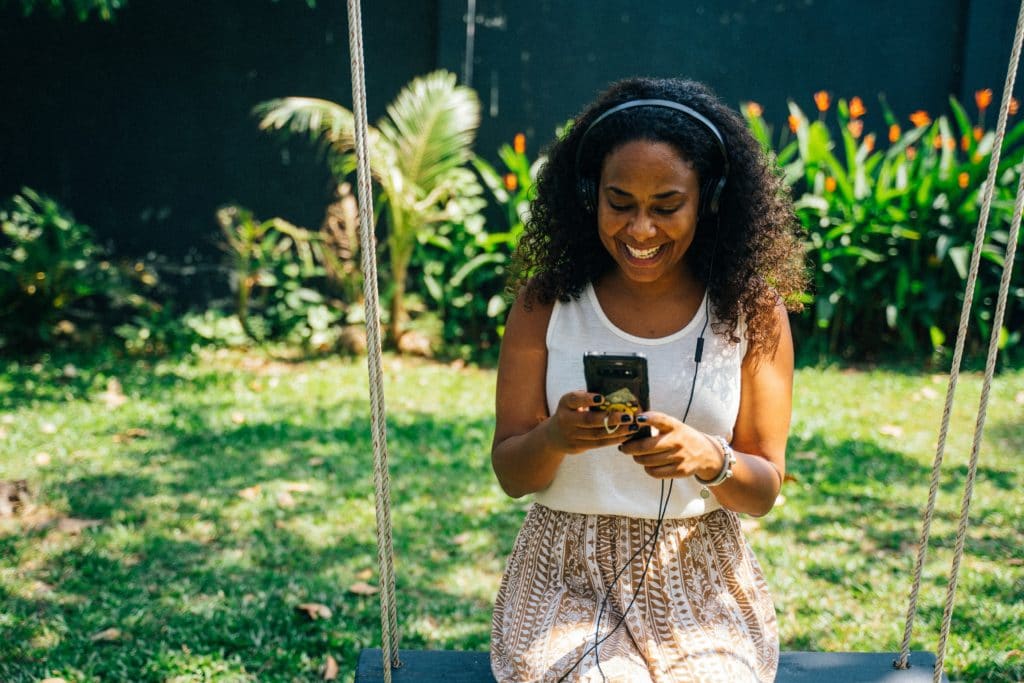
Finding a piece of music that you like to play is the key to your enjoyment of playing the piano.
It will inspire you to continue learning, play another piece of music you may enjoy, and it will be rewarding when you can play a familiar song.
6. Take it One Step at a Time
It takes time to learn how to play a new instrument. Be patient with yourself if you don’t learn a song as quickly as you would like.
Keep trying and don’t give up.
Begin with songs that you are comfortable with and then work your way up to harder songs. Pick songs that are close to your level or slightly higher than your current level. Do not try to learn a song that is too difficult.
Do not rush. Set a pace that you can sustain and that is compatible with your goals. If you take private lessons your teacher will help set your expectations.
7. Accept Mistakes
Learning is not without its mistakes. You shouldn’t feel ashamed if you make mistakes, or if you have difficulty learning a song or skill.
Most piano teachers are happy to see you make mistakes, as it is a sign that you are trying. They want you to improve. They learn from your mistakes and can help you improve.
8. Celebrate Improvements
Keep in mind where you started and celebrate the small improvements that you have made.
You will be more motivated to keep going if you can see the improvements you have made.
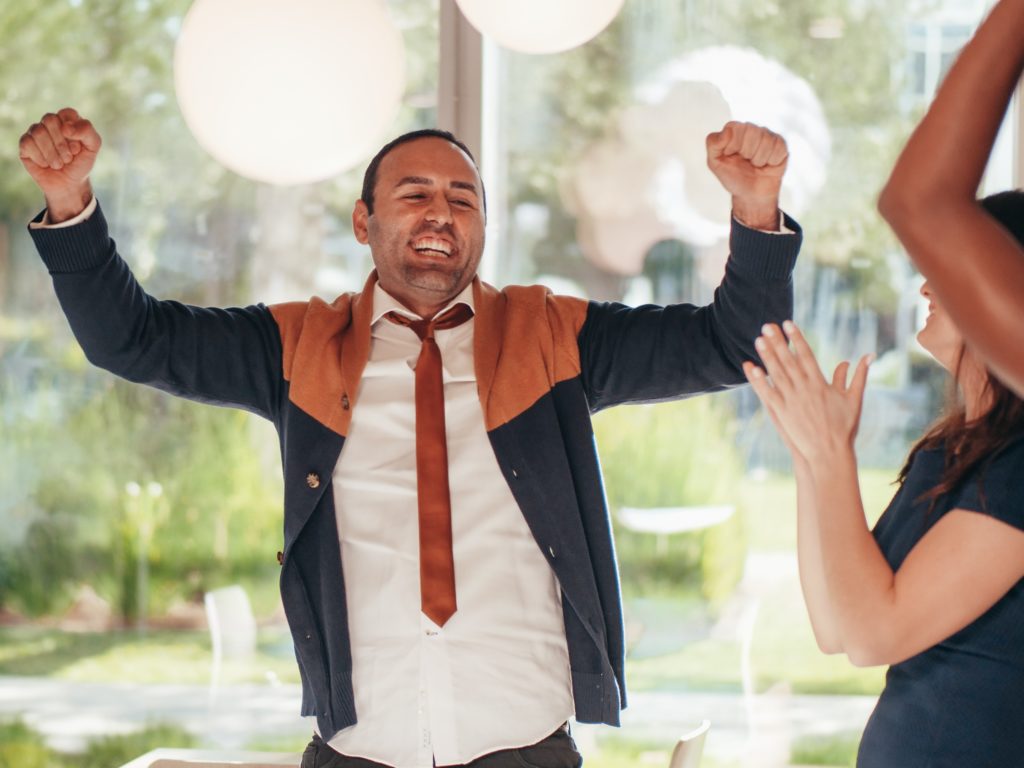
Celebrate your accomplishments in mastering a difficult song or skill. Even if you don’t become a great pianist, private lessons will make you better and more knowledgeable than before.
9. Have Fun
Learn and enjoy doing something new. For piano students, it’s more important to have enthusiasm than talent. Although you may not be a concert pianist or perform in Carnegie Hall, if you enjoy playing and learning new songs, it will be worth the effort.
10. Get Started Now
Don’t put off learning how to play the piano. It will never happen if you wait for the right time to start. You will never be too old to learn how to play the piano. But you won’t learn unless and until you do.
So to recap here are the ten tips to learn to play the piano as an adult.
- Find a teacher
- Set goals
- Learn the basics
- Make it a priority to practice
- Find the music you like to listen to
- Take it one step at the time
- Accept mistakes
- Celebrate improvements
- Have fun
- Get started now
What Next? Select Below to Learn More About Lessons and Discover if This Is the Studio for You

Kids & Teen Lessons
Build their self-esteem. Playing the piano is meant to be fun and engaging, not stale and boring.

Adult Lessons
It’s never too late to start playing the piano. You’ll be surprised at how quickly you can play music.

